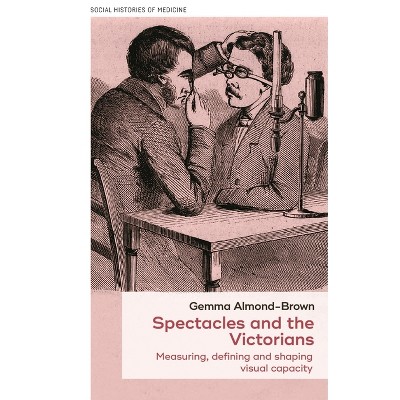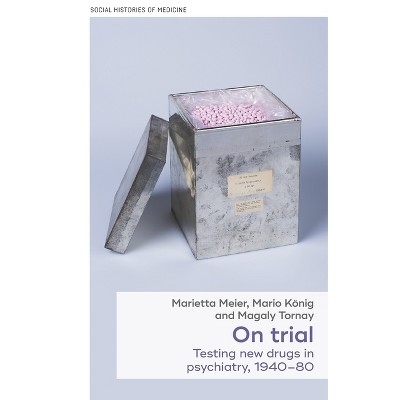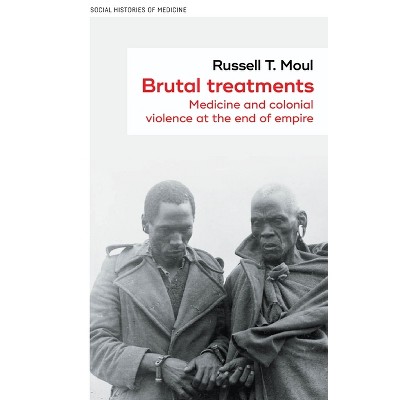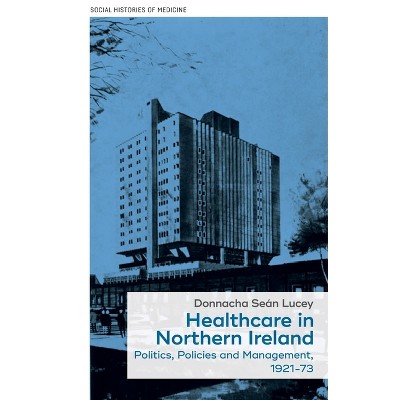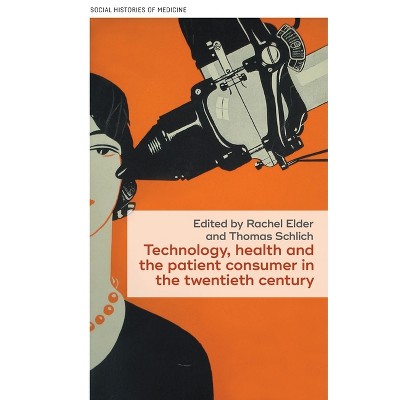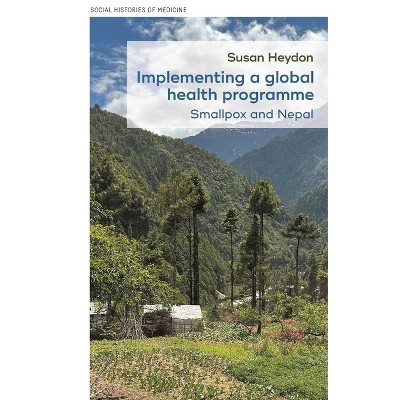Unhappy Mothers - (Social Histories of Medicine) by Sarah Crook (Hardcover)

About this item
Highlights
- In the decades following the Second World War, mothers' experiences of loneliness, boredom and unhappiness were increasingly widely acknowledged.
- About the Author: Sarah Crook is a Senior Lecturer in History at Swansea University
- 280 Pages
- History, Social History
- Series Name: Social Histories of Medicine
Description
About the Book
How did the experiences and emotions of unhappy mothers come to light in postwar Britain? This history looks at the role of five communities in drawing attention to the struggles of early mothering, unpicking the professional, political and social motivations that drove efforts to break silences around this critical subject.Book Synopsis
In the decades following the Second World War, mothers' experiences of loneliness, boredom and unhappiness were increasingly widely acknowledged. The language of postnatal depression came to be attached to this, but mothers organised around their own discontent in ways that challenged the medical model. Unhappy mothers draws attention to the social, political, and professional contexts within which knowledge about unhappy mothering developed. Drawing upon an extensive range of archival material, the book addresses themes around expertise, feminism, and the value given to lived experience.From the Back Cover
The decades following the Second World War saw new mothers' experiences of loneliness, boredom and unhappiness become increasingly widely acknowledged. The language of postnatal depression was often attached to this, but mothers themselves articulated and organised around their discontent in ways that challenged medical models. Unhappy Mothers explores the ways that mothers' discontent came to be recognised by five communities: general practitioners, health visitors, self-help groups, and feminists both inside and outside the academy.
Drawing attention to the social, political, and professional contexts within which this knowledge developed, the book argues that expertise about unhappy mothering was increasingly claimed by women themselves. The solutions to the problems of early mothering that they proposed were social and political. The volume considers the ways that mothers' unhappiness has been used as evidence of the need for change, and provides an overview of the development of multidisciplinary interest - spanning medicine, self-help, and academia - in mothers' needs.
Using an extensive array of sources that includes local and national newspapers, autobiographies, medical texts, social surveys, feminist writings, self-help literature, and sociological studies, Unhappy Mothers shines a light on those who spoke into the silence around unhappy motherhood, and contributes to understandings of how mothers' emotional lives came to light in postwar Britain.
About the Author
Sarah Crook is a Senior Lecturer in History at Swansea University





